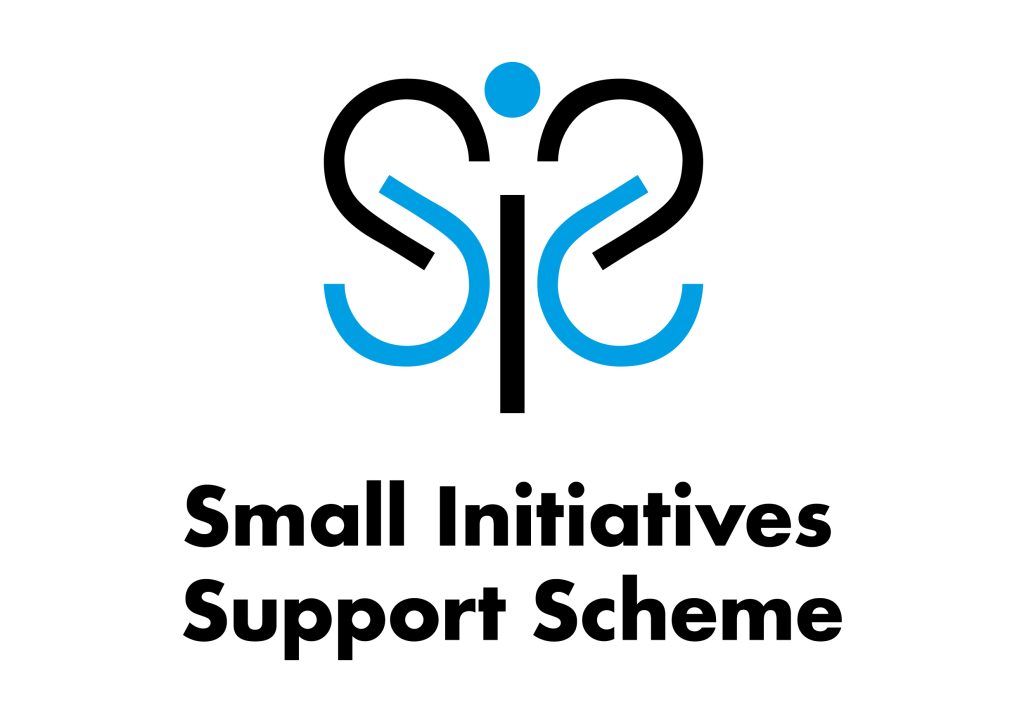Author: Sarah Borg, Dip. HE (Melit.); B.A. (Hons) (Melit.)
December may be a tough month for some of us. Those who have lost loved ones will inevitably remember that this would be another Christmas without them. Those who haven’t yet found a person who to share their lives with, might be reminded that this will be another lonely Christmas. But what if we fostered self-love? What if we remember that we can come home to ourselves when nowhere feels like home?
Being a Home for Yourself
“Love is all you need” goes the classic Beatles song. When we think of love, we usually think of the bond between family members and lovers. In fact, we tend to search outside when we think of finding love. But we know that as much as we need the support of others, self-love is the most basic form of love we owe to ourselves. How can we be a home to ourselves?
- Adopting a practice of regular check-ins, where we tune in to our needs, is the most basic place to start from.
- Then, committing to honouring those needs by establishing the right boundaries is the next step.
- Practising self-compassion is a further gift that our inner child might need, especially if it tends to be haunted by feelings of shame, guilt or fear.
- Talking to ourselves the way we would talk to a close friend, may sound like a simple piece of advice, but it might not be so straight forward when we mess up.
The love you owe yourself is an unconditional one. It is easy to love yourself when everyone is congratulating you and cheering you on. The tough work is to curate a home for yourself, where you promise your inner child that you will not abandon him/her, even if they mess up big time.
Curating a home for yourself means making your body and your inner world a warm and pleasant place to inhabit, so that when you feel lost, you’d be able to come home to an inviting space where love flows like a river. Even when others don’t appreciate your worth, when you’re misunderstood or perhaps mistreated, being able to return to yourself is a great privilege that you are worthy of.
15 Ways to Love Yourself Better in 2023
- Know yourself – Without knowing who you are, you can’t be aware of what you need and how you should love yourself. This is a list of prompting questions you can use.
- Say no when you need to – This prevents you from burning out and nurturing self-respect.
- Limit activities that might trigger you to compare yourself with others – this helps you to be in tune with the beauty of who you are and possibly remind you that no one is better than anyone; we’re just different.
- Practice mindfulness regularly – this helps you to be more in the present, which is a great exercise in letting go of expectations and judgement and simply be with what is.
- Know and use your strengths – by doing so you would be doing yourself justice and possibly serving a bigger purpose through your talents.
- Practise self-forgiveness – Give yourself some grace and remember that you are human. Mistakes are normal and failures are lessons.
- Embrace the fact that some people won’t like you – Struggling to make sure that you are liked by everyone is a futile battle. Save that energy and direct it to more self-awareness and self-compassion practices.
- Carve out space for joy in your daily routine – Schedule time in your day-to-day timetable when you’re simply enjoying the beauty of life – whether that involves enjoying nature or practising any hobby that makes you happy to be alive.
- Write 1 thing you’re grateful for before you go to sleep – this helps you to cultivate gratitude which has multiple benefits, namely improving your happiness.
- Feel your feelings – do not invalidate, minimise or judge any feeling, no matter how ugly or poignant it might feel. Denying a particular emotion is essentially denying part of who you are. Embody your feelings and channel them in a healthy and respectful way.
- Take good care of your body – it’s the only one you have. Help yourself to feel physically well by exercising your body, nourishing it with healthy food, getting enough sleep and limiting alcohol and drugs.
- Ask for help when you need it – this isn’t a sign of weakness. We all need help and it’s a brave move to acknowledge your limits and reach out for help
- Speak kindly to yourself – calling yourself names, shaming or criticising yourself harshly doesn’t work. Self-compassion works, self-love works, self-understanding works.
- Surround yourself with people who treat your kindly and respectfully – this might be easier once you’ve started your self-love journey, as people tend to attract what they believe they deserve. Then again, stand up for yourself when people don’t treat you well.
- Slow down and rest – prioritise your tasks and carve out space for rest and living the day at a slow pace. It does wonders to your wellbeing and gives you space to rejuvenate and refuel.
3 Ways in which Therapy can Help with Self-Love
- Strengthens your commitment to loving yourself – simply showing up for your therapy sessions is already a great step towards loving yourself. Your steadfast commitment to therapy and the self-work it asks from you, are great steps in your journey of self-love.
- Improves your self-awareness – an outsider’s perspective can make us more aware of our strengths and weaknesses. The professional is also trained to ask the right questions, possibly alerting you to the way you tend to talk to yourself and how harshly you tend to judge your behaviour.
- A safe space to feel your feelings – professionals are also trained in validating your feelings and creating the right conditions for you to be curious about why you feel a certain way, without judging any feeling as right or wrong.
Being too busy is not an excuse not to practise self-love. The more you take care of yourself, the better you would be able to enjoy life to the full. And wouldn’t it be ironic if we would be so busy struggling to fulfill our duties, that we wouldn’t have time to enjoy the only life we’ve got?
This project has been funded by the Small Initiatives Support Scheme (SIS) managed by the Malta Council for the Voluntary Sector (MCVS) supported by the Ministry for Inclusion, Voluntary Organisations and Consumer Rights (MIVC). This project/publication reflects the views only of the author, and the MCVS cannot be held responsible for the content or any use which may be made of the information contained therein.







